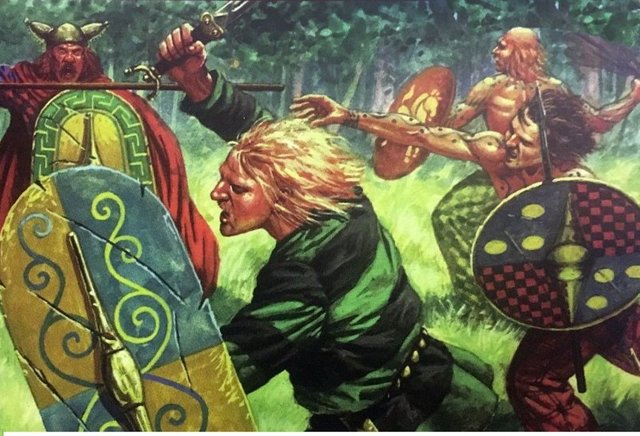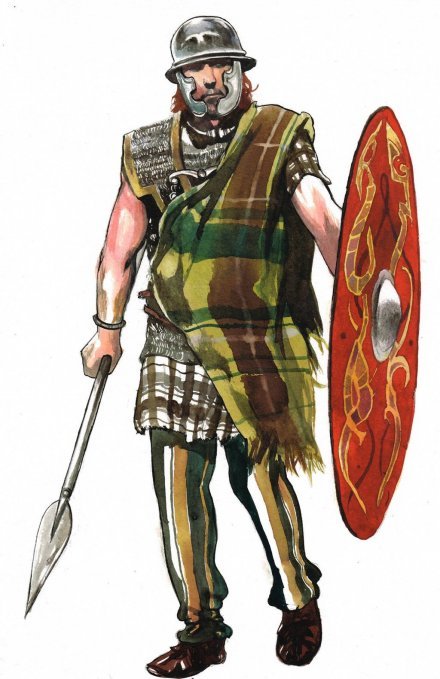Many Gauls of Italy joined Hannibal in the Second Punic War. Insbras and book race is one of them. Even after Hannibal's departure from Italy and the defeat of Carthage, Rome's conflict with various nations of the Gauls continued for a long time. After many battles from 201 to 191 BC, after much damage, Rome was finally able to regain control of the Sicilian Gall, although a few more isolated expeditions were conducted later.
The Roman expedition to Sisalpine Gale is narrated from Livy. In other cases, as Levy has described in detail, it is not found here. But modern historians have not been able to extract a discussion of this long conflict from any reliable source other than Livy. So we will follow Levi's writing.
★Defeat of Mutilam (201 BC)
Hannibal's supporters led the army against the Gaul tribes in the area of the books of Roman General Empius Books. He was accompanied by other soldiers as well as some of the experienced troops of Consul Pitas. When the Roman troops were busy gathering food near Mutilam, the enemy suddenly jumped on them. About 8,000 Roman soldiers, including Ampius, were killed. The Romans retreated after this incident. Consul Pitas later signed a peace treaty with the Ligurian Inguani group, but did not advance against the books this year.
*Battle of Kremner (200 BC)
Led by the Carthaginian officer Hamilker, who remained in Italy, the Book, Insbras, Sinomani and many other Ligurian tribes came together. Their combined forces numbered about 40,000. They besieged Kremna, ravaging the placensia.20,000 Roman troops gathered at the Armenium against this force. Their chief was Pritar Parpurio. He was waiting for Consul Gaius Aurelius Cutter. But when Kremna got the news of the blockade, he left without waiting for the consul. Hamilker stepped forward to deal with him.
Purpuri also placed the Roman legion behind his Italian allies. Just as the garrison was preparing for the attack, the Roman troops retreated on either side of the Italian allies. As a result, as the front lines of the Roman army expanded beyond the eagles, Hamilker was forced to disperse his troops evenly so that they would not be surrounded by Roman forces.But this weakened the center of his army, and when the war broke out, the Italian allies in Rome were able to penetrate it easily. On the other hand, Hamilkar's army suffered casualties on both sides due to the injuries inflicted by the experienced Roman soldiers. The enemy fled, leaving about 35,000 casualties and captives. The Romans lost 2,000 troops.

